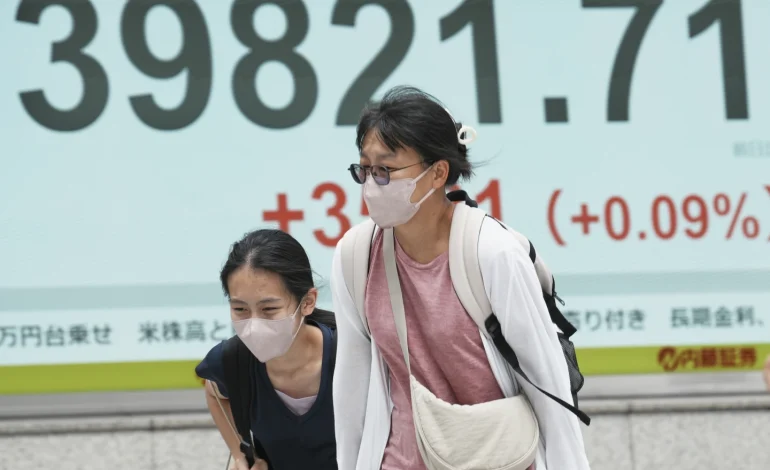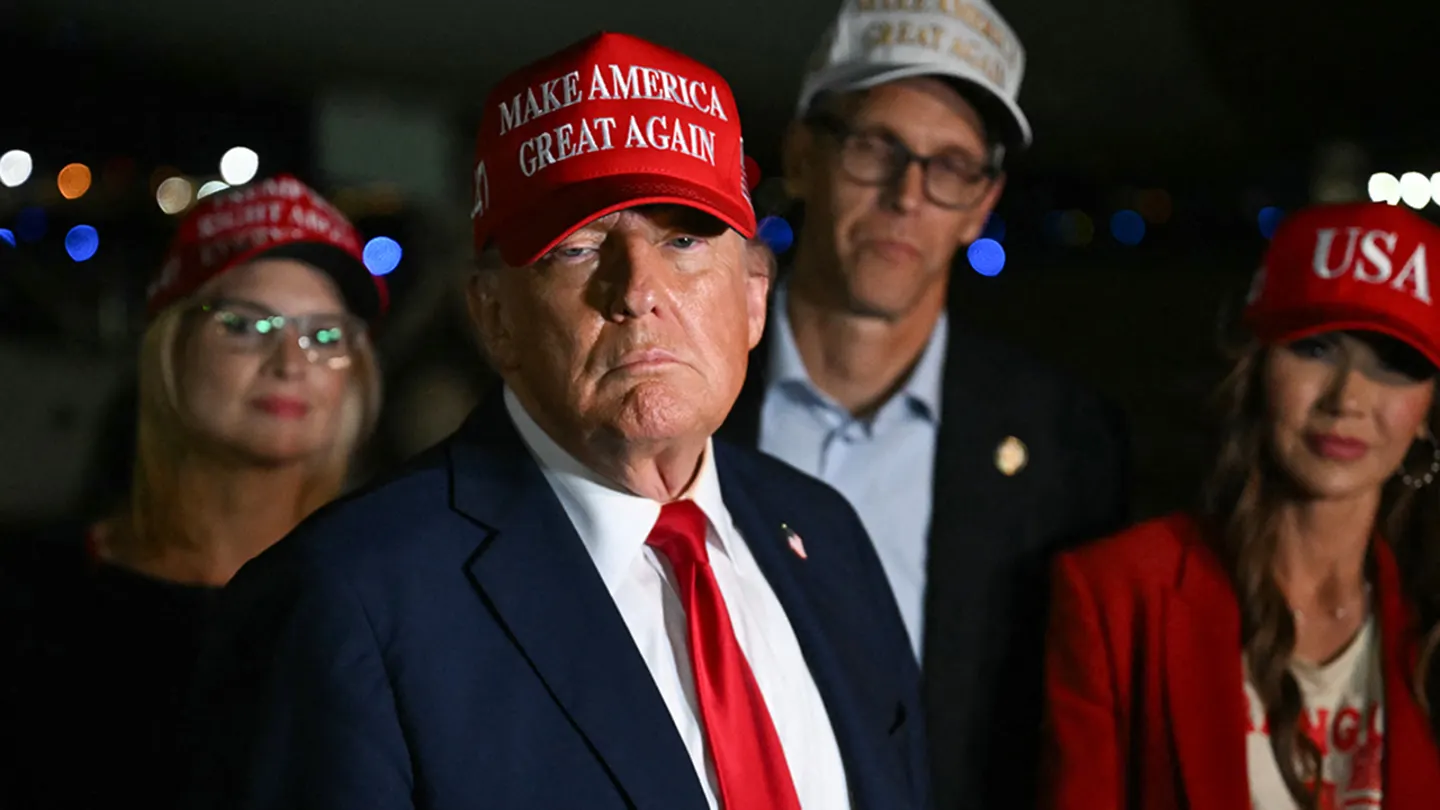Asian Markets Dip as Investors Eye Trump Tariff Deadline and Trade Developments

Asian stock markets mostly declined on Monday as investors grew cautious ahead of a key US tariff deadline, ABC News reports.
The Trump administration is ramping up pressure on global trading partners to finalize trade agreements before the expiration of a 90-day tariff moratorium on Wednesday.
Market sentiment was weighed down by reports that the US plans to begin issuing letters this week to countries that have yet to reach trade deals, signaling that higher tariffs could be implemented starting August 1.
Japan’s Nikkei 225 fell 0.5% to close at 39,628.41, while Hong Kong’s Hang Seng Index dropped 0.4% to 23,824.18. South Korea’s KOSPI edged down 0.1% to 3,053.55, and China’s Shanghai Composite slipped 0.2% to 3,464.78. In Australia, the S&P/ASX 200 lost 0.3% to finish at 8,576.00.
Oil prices also declined following the weekend announcement from OPEC+ that member nations will increase oil output by 548,000 barrels per day starting in August. The move comes after recent price fluctuations linked to geopolitical tensions involving Israel, the US, and Iran.
US benchmark crude fell 92 cents to $66.08 per barrel, while Brent crude dropped 96 cents to $67.65.
Meanwhile, futures markets in the US pointed to a modest pullback. Futures for both the S&P 500 and Dow Jones Industrial Average were down 0.4% in early trading.
Analysts said volatility is likely in the lead-up to the July 9 tariff deadline.
“We expect markets to be volatile into the 9-July deadline when the 90-day pause on President Trump’s reciprocal tariffs expires for non-China trading partners,” Nomura Group said in a client note.
The investment bank also emphasized that the market’s short-term direction would likely depend on details surrounding the tariff rollout—including which countries are targeted, the specific rates imposed, and how quickly the tariffs are implemented. A delayed implementation could leave room for further negotiations, helping to cushion market reactions.
Stephen Innes, managing partner at SPI Asset Management, described the situation as fluid.
“With the July 9 tariff deadline fast approaching, all eyes are trained on Washington, scanning for signs of escalation or retreat. The path forward isn’t clear, but the terrain is littered with risk,” he wrote in a commentary.
Despite the current market uncertainty, US stocks posted strong gains late last week on the back of a robust jobs report. The S&P 500 rose 0.8% on Thursday, marking its fourth record high in five days. The Dow Jones Industrial Average climbed 344 points (0.8%), and the Nasdaq Composite gained 1%.
In currency markets Monday, the US dollar strengthened to 144.77 Japanese yen, up from 144.44 yen. The euro edged slightly lower, trading at $1.1772 compared to $1.1779.









The latest news in your social feeds
Subscribe to our social media platforms to stay tuned